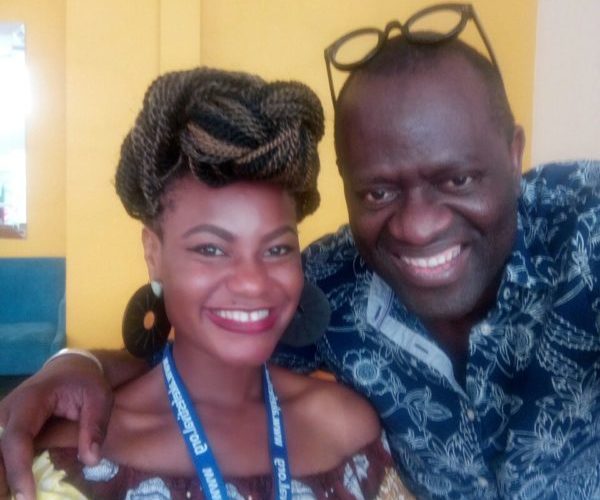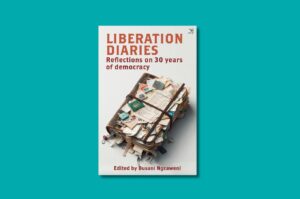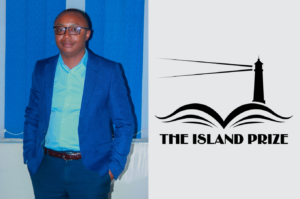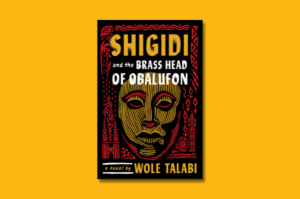
When writer, Alain Mabanckou, mentioned that he had been exiled from his home country of Congo Brazzaville during a panel discussion at the recently concluded Ake Festival, I knew we needed to have a conversation about this.
Spotting a print shirt, blue jeans, and brown fedora, it would have been hard to guess this was a wanted man.
His latest work, The Lights of Pointe Noire, is a memoir that draws on growing up and belonging to a country that now rejects him.
***
When was the last time you visited Congo Brazaville?
That was in 2013. For 20 years, I was outside the country.
How did you become a writer in exile?
For several months, I wrote articles in newspapers, spoke out on radio and television, criticizing the president of Congo Brazzavile. He has been in power for 32 years. That’s a lot you know. His minister announced one evening on the news that Mr. Alain Mabanckou is someone that has said a lot of bad things about the country and issued a warrant. The exile started this year and it has not been up to six months. I believe the role of the writer is to sensitize the people. I am convinced that what I wrote and said is true, otherwise I wouldn’t be exiled. When I write my novels, I think of the what the common people in the Congo experience. When Congo fares badly, I must say so. It is sad today I cannot go to the Congo for I have been marked as state’s number one enemy.
What are some of the influences in your work?
Intellectually yes. Different works of literature have helped to be comfortable discussing diverse topics and not be intolerant. One of my favorite African works and authors is Amos Tutuola’s The Palmwine Drunkard. It is a spectacular work. Tutuola worked on his language and images. That helped me write my novel, Broken Glass. With his way of speaking and rhythm, I saw that I could incorporate my customs in my novels.
Which of the Ake authors have you read?
I have read Teju Cole, Helon Habila, and I am discovering others. Their works have been translated in France, but many have not.
Who or what do you think is responsible for this gap in translation?
The French Europeans think that African works are exotic and many are not translated. Thus, the public misses out on literature from the continent.
As a professor at UCLA, what do you teach?
I teach African literature written in French. Why it exists and where it comes from.
How would you define African literature?
African literature is literature produced in Africa for Africans and also produced in the Diaspora. We cannot define Africa as a small globe. Today it is absurd to say African literature because Africa is large and diverse. There are white Africans and black Africans. You can also find Africans in Paris and other parts of the world.
We have heard that you have your own stylist, is this true and how does that work?
(Laughs) Yes it is. He is also Congolese, but lives in Chateau Rouge, Paris. His name is Jocelyn le Bachelor. When he creates a new collection, he sends me pictures and I place my order.
Why is style important to you? How would you describe your style?
Maybe it is because I am Congolese and we like to dress up. When you dress up, you like to feel like yourself. That is what I try to achieve with my style. In the mix of clothes and colors, I may choose to throw in something cultural, like a hat.
Apart from writing, what other activities do you enjoy doing?
I like going to the movies and watching sports. Football and basketball especially.









Хүүрнэлч зараа - Усны Гудамж March 01, 2025 03:25
[…] гээд танилцуулбал үнэмшмээр. Тэрээр нэгэн даруухан сайтад өгсөн ярилцлагадаа “Тийм ээ, би загварт үнэхээр […]